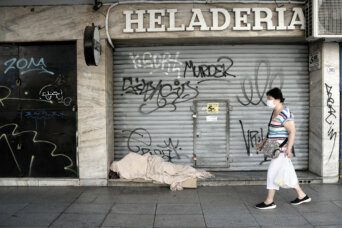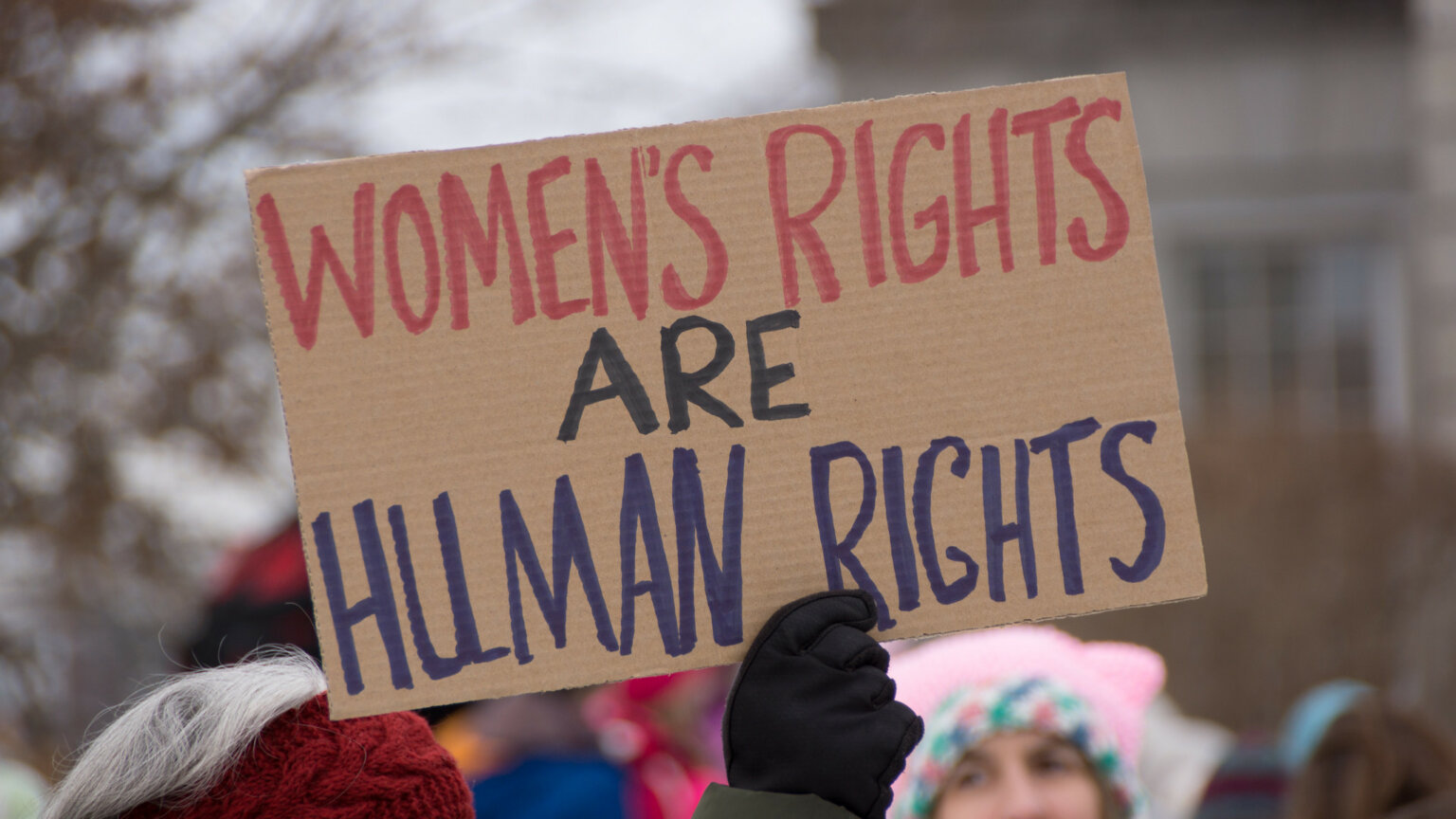- About
- Topics
- Story
- In-Depth
- Picks
- Opinion
- News
- Donate
- Signup for our newsletterOur Editors' Best Picks.Send
Read, Debate: Engage.
| topic: | Women's rights |
|---|---|
| located: | Argentina |
| editor: | Ellen Nemitz |
14 months into the Covid-19 pandemic, countries worldwide went through different challenges in coping with one of the biggest health crises of the century and its economic consequences. In Latin America, a region which accounts for nearly one third of global Covid-19 deaths, Argentina became the country with the highest death rate per one million people, and is currently one of the five worst-faring when it comes to the pandemic, according to Reuters.
While in the beginning of the pandemic Argentina imposed strict lock-downs, the situation has changed as the population stopped following those rules. The result of the relaxation of basic restrictions such as face masks contributed to the resurgence of the crisis.
The impacts of such a long period of uncertainty in a country that has already been facing a serious economic crisis hits the most vulnerable workers and families harder. Women are even more prone to lose their job or source of income, and the number of women participating in the labour force fell by 20 percent (based only on data from the second trimester of 2020), according to a report from the Argentinian Ministry of Economy and the United Nation agency UNICEF.
More than 1.5 million female workers have lost their position in the labour market in Argentina, drawing a scenario comparable to several decades ago. The situation is even worse for those caring alone for kids and teenagers, since family care requires more dedication. In addition, the report assesses that women “who are in charge of households with children and adolescents are the ones who face the greatest obstacles in returning to work and keeping their jobs or seeking a new job.”
On the other hand, Argentina shows off a highlighted gender-based policy.
The New York Times dedicated an entire article to three feminists who are, according to them, "restructuring society.”
Currently, Argentina - a country that had legalised abortion with state support up until the 14th week of the pregnancy - is run by a man who cares about women’s rights and delivered a dozen of gender-based policies that put it on the top of the United Nations world ranking regarding this issue.
The New York Times journalists tell the stories of Elizabeth Gómez Alcorta, Vilma Ibarra and Mercedes D’Alessandro - three women who occupy high positions in the Alberto Fernández administration. They are responsible for crucial actions to tackle violence, food insecurity and income loss. The measures they take include providing shelter for gender-based violence survivors and safe spots for them in which to denounce ongoing situations; emergency food delivery systems with a special focus on trans people (who have become even more vulnerable during the pandemic) and aid payments to the unemployed, informal workers and housewives.
"This was a way to recognise unremunerated, unpaid work,” said D’Alessandro to the New York Times. "We understand that the work done by women at home, including care work, is a fundamental pillar of social life and the economy."
While the world (and Argentina itself) has a long way to go in order to achieve gender equality, this Latin American country may be presenting some of the solutions we need to build a gender-based post-pandemic recovery.
Image: Santiago Sito .

